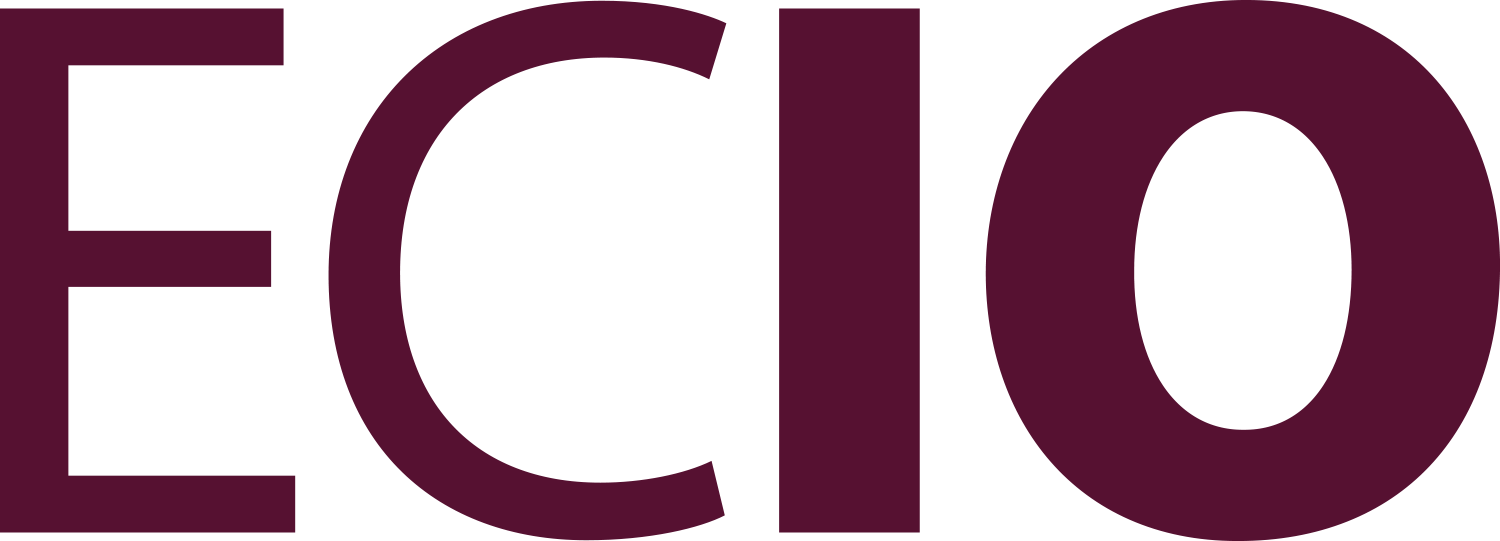Best-rated abstract
We talked to Dr. Joseph Erinjeri, author of the best-rated ECIO 2024 abstract, mRECIST outcomes in EMERALD-1: a Phase 3, randomised, placebo-controlled study of transarterial chemoembolisation plus durvalumab with/without bevacizumab in participants with embolisation-eligible unresectable hepatocellular carcinoma, to find out about his experience presenting at ECIO.
The abstract you submitted for ECIO 2024 on the EMERALD-1 study was the top rated by the Scientific Programme Committee. What do you think makes this topic particularly relevant to the interventional oncology community?
Erinjeri: Interventional Oncology is dynamic and rapidly evolving specialty, with many potential synergies with other oncology treatments, like immunotherapy. Our report of the results of EMERALD-1, a phase 3, randomized, placebo-controlled study of transarterial chemoembolization combined with durvalumab with or without bevacizumab in participants with unresectable hepatocellular carcinoma eligible for embolization, highlights the potential benefits to patients with hepatocellular cancer when combining interventional oncology and immune-oncology therapies.
Why did you choose ECIO to present the results of this study?
Erinjeri: Before publishing any paper in a journal, it is very helpful to present the data in front of expert colleagues (and even sceptics) to help hone, shape, and focus the message of the paper. The faculty and attendees that attend ECIO include true experts in the field of interventional oncology, which allows for optimal discourse on new and exciting research such as the EMERALD-1 trial.
Do you have any advice for physicians on how to achieve maximum impact with an abstract on their research?
Erinjeri: First and foremost, sharing your research and clinical practice at a meeting is the best way to support the interventional oncology community, so don’t wait until your data is “perfect” before considering whether you will submit an abstract. Second, have a colleague or mentor review the abstract to avoid common pitfalls that might cause an abstract to not be accepted. Finally, recognize that working with colleagues in other fields, like surgical oncology, medical oncology, and radiation oncology can be extra work for an abstract, but the research generated can be very impactful to progress in interventional oncology.
What is next in your research? Will you continue to focus on combination treatments?
Erinjeri: We are currently collecting data for the follow-up project to Emerald-1, called Emerald-3. EMERALD-3 is a phase III, randomised, open-label, sponsor-blind, multicentre study assessing the efficacy and safety of Tremilimumab and durvalumab, with or without Lenvatinib, given concurrently with TACE (either drug-eluting bead TACE or conventional TACE) versus TACE alone in patients with intermediate-stage HCC not amenable to curative therapy.


